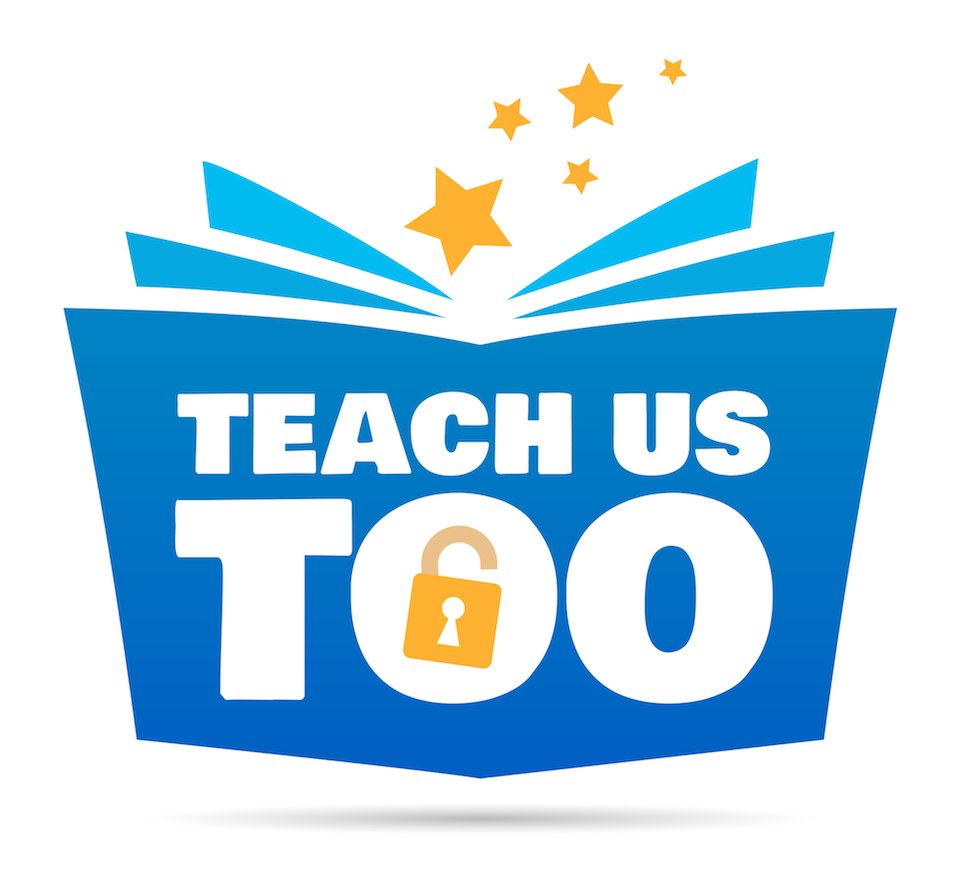Becky Tyler
Becky is a young person with cerebral palsy and who is non-verbal. She has faced significant challenges throughout her education and as you read her story below, it will become obvious that her journey makes her a perfect ambassador for our mission to ensure that ALL children are given the opportunity to a high quality literacy education.
My name is Becky Tyler, I’m 18 years old, I have quadriplegic cerebral palsy. I’m cheeky, clever and crazy. I love to do drama; my disability has never stopped me achieving my dreams. I can’t talk so I have a communication aid to help me speak and do lots of other things too. I’m also an ambassador for Tobii Dynavox who made my communication aid.
As a young child it was difficult to communicate but at my therapy group, I used flash cards for yes and no. Also, my mum and my speech therapist made my first communication book, this started to open my world. It allowed me to talk with my friends at playgroup.
My first experience of mainstream school was quite negative, and I was put in front of a computer screen to do tests a lot of the time, so I wasn’t able to interact with the other children and I didn’t learn. So, I left that school after only 2 terms and I went full time to a special needs school which did not teach literacy or numeracy at the level I was capable of.
After a year and a half, I started going to another mainstream school part-time after it had been adapted for me. I started doing some reading and writing but it wasn’t easy. I did it by putting letters together to make the sounds that my TAs were making using my letter board or my communication book. Unfortunately, I was only at this school for 2 terms as it only covered key stage 1.
So, for key stage 2, I had to change mainstream school again, but I stayed at the special needs school too part-time for my therapies. The new mainstream school wasn’t as good with me. However, I got my first communication aid, and this was exciting but challenging. I learnt a whole new way to communicate however the staff did not know how to incorporate it into their teaching, and I was left to work it out myself. This left big gaps in my education especially as it took me so much longer to write my answers than the able-bodied students.
For my secondary education, I changed schools again to another special needs school in the hope that they would teach me and allow me to take my GCSE’s, but unfortunately this wasn’t the case. In years 7 and 8, I had a wonderful English teacher and I started to get much better with reading and writing. But she became ill and had to leave the school and I got a new English teacher who wasn’t interested in teaching me. I was the only nonverbal student and AAC user in my class and the teachers focused on the students who could talk and who could use paper and pens to write. Even so, by year 10 I started my GCSE level courses, and despite my challenges, I thought that I was doing well. However, in July in that year we had a ‘moving up’ day to prepare for year 11, and I was surprised that I was no longer in the same class as my friends, and the other students in my new class were working at a much lower level. When I asked why this had happened, I was told that the GCSE exams had changed, and they were no longer accessible to someone like me because of my disability. I knew this wasn’t true, so my parents questioned it further. We were then told that I wasn’t clever enough to do GCSE’s, but I disagreed, especially as I had already completed the first year of the courses. A member of the support staff then decided to take matters into her own hands. She took me in turn to the subject teachers and told them in front of me that I was not clever enough to take the exams. So, I left the school and decided to be home schooled from then on.
In Sept 2019 I had an assessment by an Educational Pyschologist as part of my EHCP application for home schooling, which was very helpful. The EP knew that I was clever in spite of my bad spelling skill which lead to a further assessment in July 2020 by a very good EP who specialises in people who use eye gaze technology. Again, this was very good, and I was told I am very bright and my 13 years at school have equated to just 6 years of teaching at best! I was also diagnosed with a genetic dyslexia (my Dad is also dyslexic) which no one had picked up before. I would have had dyslexia if I hadn’t had a brain injury at birth, and I think I would have had more help with my dyslexia in that case, but my brain injury kept being blamed for my bad spelling! I hope that now I will get more help.
Now I learn from home with the help of a wonderful teacher and I believe I have learnt far more in the past 2 years at home than I ever would have learnt at school! My teacher has been able to work out the best methods to teach me that fits in with the way I learn and with my AAC technology. I have done so well that I have achieved a grade 8 for my art GCSE and I am now looking to apply to university!

